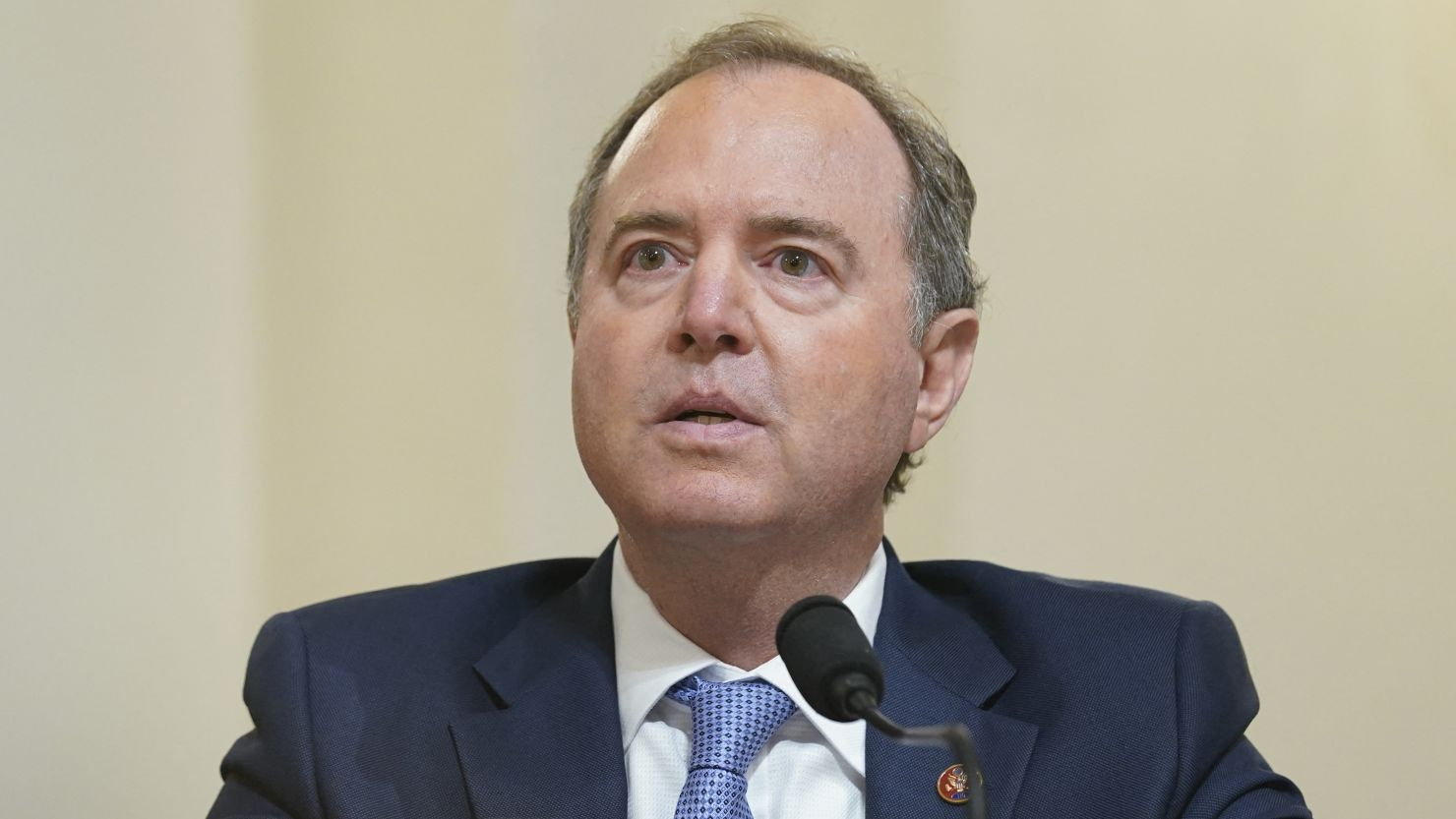In a recent interview with CNN, Republican Representative Barry Loudermilk of Georgia disclosed that House Speaker Mike Johnson has committed to turning the ongoing inquiry into the events of January 6 into an official select committee. This move is designed to further investigate the Capitol attack and aligns with broader Republican efforts to extend and deepen inquiries that were launched during the previous Congress.
A Move Toward Formalization
According to Rep. Loudermilk, discussions have advanced regarding the structure of the new committee. Although the exact details are still being worked out, one key aspect that has emerged is Speaker Johnson’s promise to exert greater control over the committee’s composition and operations. As a select committee, this temporary investigative body would be tasked with scrutinizing the events of January 6—an effort that Republicans have maintained as critical to holding those responsible accountable.
Select committees are often formed to address issues of significant national importance, and in this case, the focus remains on the unprecedented events at the U.S. Capitol. By formalizing the inquiry, House Republicans aim to build on previous investigations while potentially setting the stage for a more decisive response to the issues uncovered.
Expanding the Investigation
Representative Loudermilk, who has been actively involved in the investigation into the Capitol attack, emphasized that the formation of this select committee would signal a renewed commitment to dissecting the events of January 6. The new committee is expected to build on the groundwork laid by earlier investigations, probing deeper into the failures and vulnerabilities that allowed the attack to occur.
Loudermilk’s remarks suggest that Speaker Johnson is keen to ensure that the panel is both effective and under tight oversight, potentially allowing the Speaker to guide its investigative priorities and methodology. This centralized control is viewed by some Republicans as a way to prevent the investigation from being derailed by partisan infighting or unfocused inquiries.
Political Implications
The decision to formalize the January 6 inquiry as a select committee is not without its political implications. For many Republicans, this move is seen as a necessary step to continue holding accountable those who may have contributed to or failed to prevent the events of that fateful day. The restructuring is also part of a broader strategy to shape the narrative around January 6, potentially influencing how the findings of the investigation are used in the broader political debate.
Critics, however, argue that granting the Speaker enhanced control over the committee might politicize the investigation further. They worry that such centralization could lead to a biased approach, one that prioritizes political gain over a balanced and thorough examination of the facts. The debate over the committee’s structure underscores the enduring partisan divide over how best to address the events of January 6 and what accountability measures should be pursued.
The Path Forward
As discussions continue in Congress, many are watching closely to see how the new select committee will be structured and what its final mandate will be. The goal for House Republicans is clear: to ensure that the investigation into January 6 not only continues but does so in a manner that aligns with their objectives of accountability and reform. For now, Speaker Mike Johnson’s commitment to formalizing the inquiry offers a glimpse into the Republican strategy for navigating one of the most contentious issues in recent American history.
Conclusion
The revelation by Representative Barry Loudermilk that House Speaker Mike Johnson plans to formalize the January 6 inquiry as a select committee marks a significant development in the ongoing investigation into the Capitol attack. With plans for enhanced oversight and a structure that could grant the Speaker greater control over the committee, this move is set to shape the future of the investigation and influence the broader political narrative. As the debate unfolds, the key question remains: will this restructuring lead to a more effective pursuit of accountability, or will it further deepen partisan divides?
What do you think about the formation of this new select committee? Share your thoughts on Facebook and join the conversation about the future of the January 6 investigation.
In a time when transparency and accountability are more crucial than ever, the evolution of the January 6 inquiry into a formal select committee represents a pivotal moment in our national discourse. Let’s continue to engage in meaningful dialogue as we work to understand and address the events that have reshaped our democracy.

